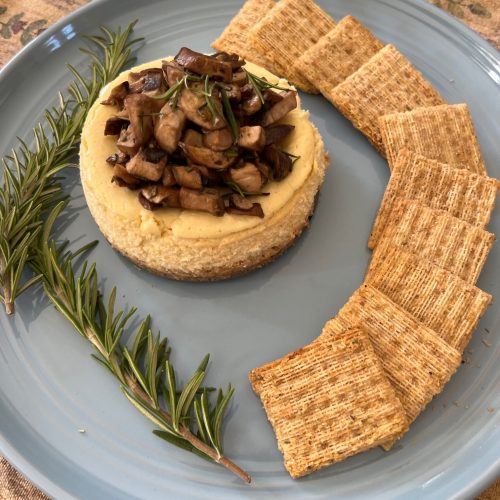
Did you guess kalettes? If so, you’re correct!
Kalettes are a cross between kale and Brussels sprouts. They are about the same size as a Brussels sprout and look like a small bundle of purplish-green curly leaves with short stems. I saw them at my recent trip to Costco and love that they’re a product of Canada!
Both kalettes and Brussels sprouts are Cruciferous veggies which contain many wonderful nutrients including fibre, beta-carotene, folate, lutein, zeaxanthin – important for cancer prevention, heart health and eye health. Specifically, cruciferous veggies contain a group of natural, beneficial compounds called glucosinolates – these are responsible not only for the slightly bitter flavour but also for some of the cancer prevention properties.
The whole kalette is edible. Compared to Brussels sprouts, kalettes have a milder, slightly nutty flavour. You can roast kalettes (my favourite way to eat them!), sauté them or slice them thinly and eat them raw in a salad.
Here’s how to roast kalettes: Preheat oven to 475F. In a medium-sized bowl, toss about about 3 cups of raw kalettes and drizzle with 1-2 Tbsp olive oil. Add salt and pepper to taste. Pour onto a sheet pan lined with aluminum foil. Bake for about 10 minutes or until the leaves are tender and browned. If you prefer the kalettes crispier, bake them a little longer. It makes a great veggie side dish! Enjoy!

